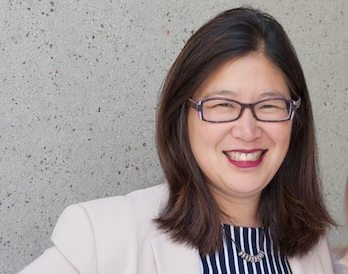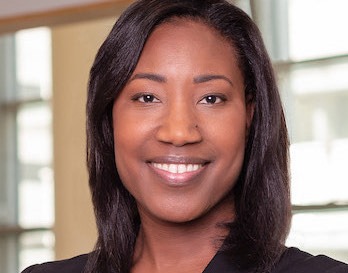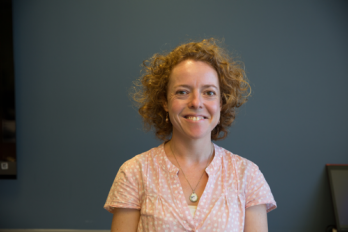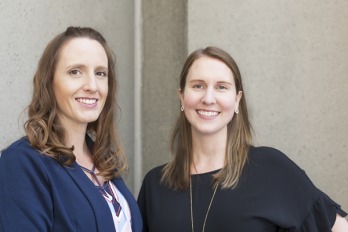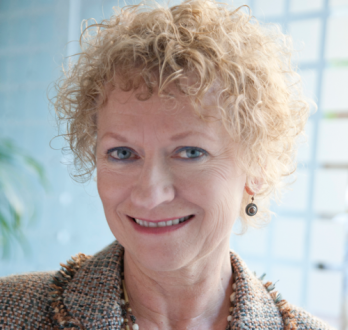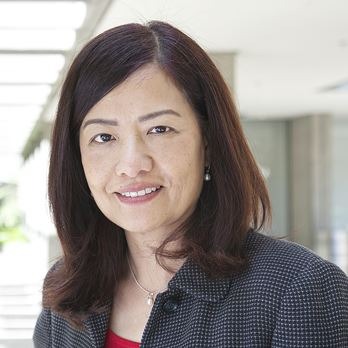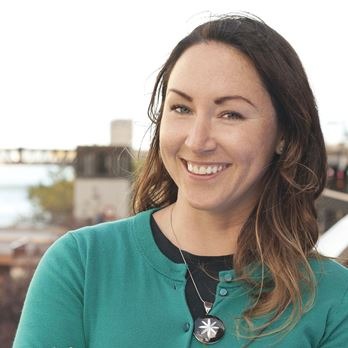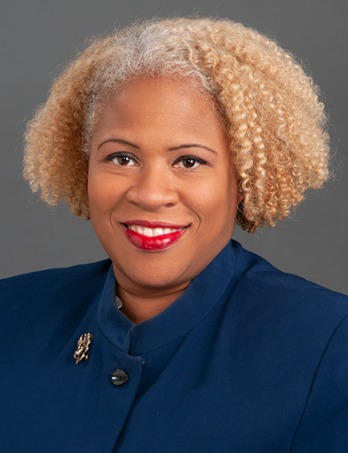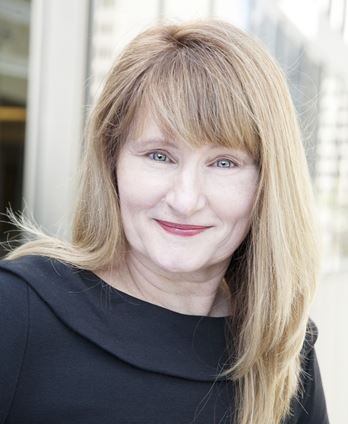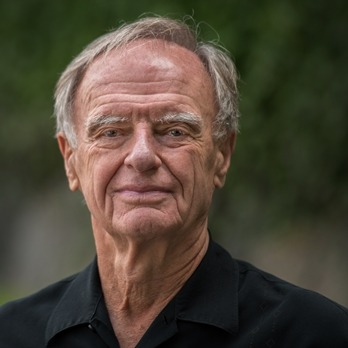
How We Work
Clinical trials are complicated
Our member experts ensure SWOG Cancer Research Network trials are safe, successful, and scientifically sound.
SWOG members work through cancer-specific committees to get a trial off the ground, make sure it's running effectively and efficiently, and prepare results for sharing so that trial data informs and improves cancer medicine - and patients' lives.
Teamwork is the solution
Here's how members, partners, and staff work together to create and conduct a trial:
Investigator
Physician investigators drive most SWOG trials, coming up with concepts to test and leading the teams that manage trials from launch to publication. Investigators take a new trial idea to their committee chair and executive officer for review and input.
Executive Officer
Executive officers are SWOG's top senior leaders and are experts in their area of cancer medicine specialty. They provide high-level scientific and medical guidance on trial concepts.
Committee Chair
Committee chairs create and execute the research direction for their teams, and provide critical feedback, support, and mentorship to investigators.
Statistician
SWOG's statisticians are key players in the trial process, and help design trials, write protocols, manage data, and analyze results to ensure protocols - and trial results - are complete, accurate, and reliable.
Protocol Project Manager and Program Manager
Along with statisticians, SWOG protocol project managers and program managers are major players in the trial process, overseeing the drafting and revising of protocols - the document that describes how a trial will be conducted - and shepherding them through the SWOG and National Cancer Institute approval process.
Patient Advocate
SWOG advocates represent the patient voice in trial development, reviewing and developing concepts and working within their disease committees to ensure that SWOG trials keep the patient at their center. By contributing to every stage of the clinical trial lifecycle, advocates can help ensure that studies are medically, logistically, emotionally and financially feasible for patients - and that trial results are shared with the public so they can inform cancer care.
Executive Review Team
Once an investigator and their team develop a trial idea, SWOG executive officers and senior leaders vet them and formally vote on whether they move forward to the National Cancer Institute for review and approval.
National Cancer Institute
Officials with the National Cancer Institute's Cancer Therapy and Evaluation Program or its Community Oncology Research Program. review every SWOG protocol to ensure they meet ethical, legal, financial, and safety standards and protect the rights, safety, and well-being of patients. The NCI can approve or deny trial concepts, or ask for revisions.
Pharmacist
Pharmacists play an important role in SWOG, serving on the executive review team that approves trials and advising on ways to order, transport, store, and administer the drugs - many of them investigational - used in SWOG trials.
Budgets and Contracts Staff
Every SWOG trial is based on a budget, and most require contracts with pharmaceutical and other companies. Our budget and contracts staff help study teams identify funding sources, execute agreements, and manage resources so trials run efficiently and effectively, and so patients avoid unnecessary costs.
Research Support Committees
Some trials require special expertise, and members can turn to SWOG research support committees for expert advice. SWOG research support committees include Adolescents and Young Adults, Digital Engagement, Imaging, Oncology Research Professionals, Patient Advocates, Pharmaceutical Sciences, Radiation Oncology, Recruitment and Retention, and Surgery.
Oncology Research Professional
Along with investigators, oncology research professionals (ORPs) are the beating heart of our membership. Once a protocol is complete and approved, ORPs are the front-line staff in hospitals and clinics who answer questions about the trial, help patients with the enrollment process and trial requirements, and manage patient data.
Patients
SWOG trials wouldn't be possible without patients. By enrolling in a trial, and being treated under protocol rules, patients deliver the answers to cancer questions that all trials seek.

